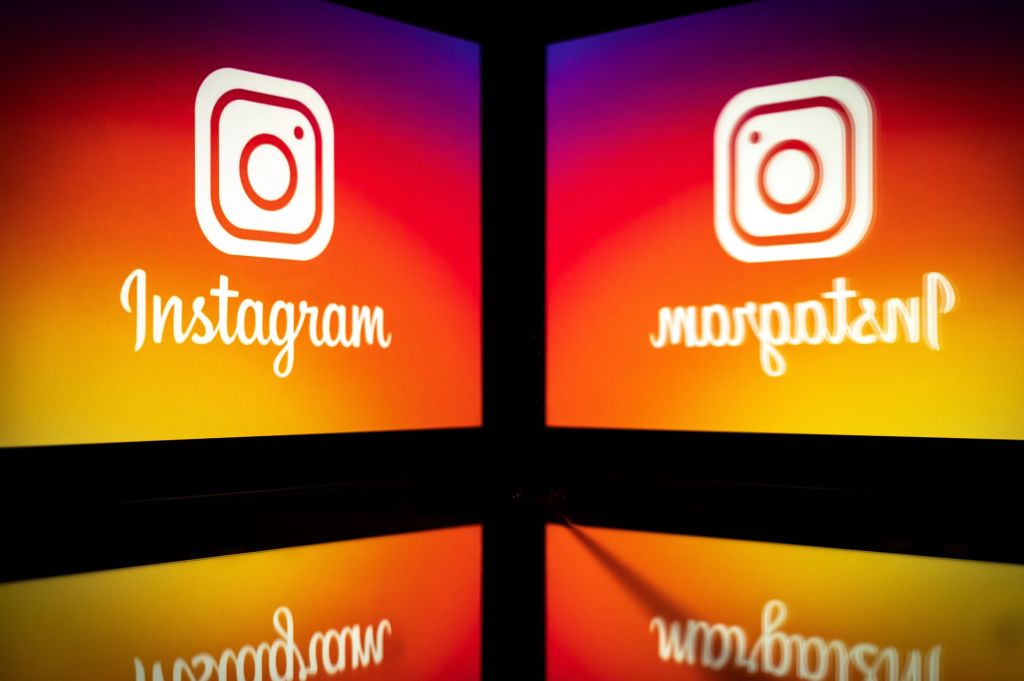If you haven’t been seeing much political content on Instagram lately, there’s a reason for that. Since March, Instagram and Threads have instituted a new default setting that limits political content you see from people you’re not following.
Hundreds of creators, convened by GLAAD and Accountable Tech, have signed an open letter demanding that Instagram make the political content limit an opt-in feature, rather than on by default.
“With many of us providing authoritative and factual content on Instagram that helps people understand current events, civic engagement, and electoral participation, Instagram is thereby limiting our ability to reach people online to help foster more inclusive and participatory democracy and society during a critical inflection point for our country,” the letter reads.
The letter’s signatories include comedian Alok Vaid-Menon (1.3 million followers), Glee actor Kevin McHale (1.1 million), news account So Informed (3.1 million), activist Carlos Eduardo Espina (664,000), Under the Desk News (397,000) and other meme accounts, political organizers and entertainers.
Instagram’s definition of political content leaves a lot of room for interpretation, which stokes further concern among these creators. It describes political content as anything “potentially related to things like laws, elections, or social topics.”
The letter points out that this “endangers the reach of marginalized folks speaking to their own lived experience on Meta’s platforms” and limits the conversation around topics like climate change, gun control and reproductive rights.
For political creators, these limits can also impact their livelihood, since it will be harder to reach new audiences. While Instagram isn’t particularly lucrative (there’s no regular revenue share with creators), building a following on the platform can lead to other financial opportunities, like brand sponsorships.
As election season looms in the U.S., Instagram’s decision to distance itself from politics could seem like a way to do damage control — Meta has a less-than-stellar track record when it comes to its role in elections. But Meta could be creating even more problems by siloing its users into political echo chambers, where they’re never exposed to any information from people outside their existing circles.
“Removing political recommendations as a default setting, and consequently stopping people from seeing suggested political content poses a serious threat to political engagement, education, and activism,” the letter says.































Comment